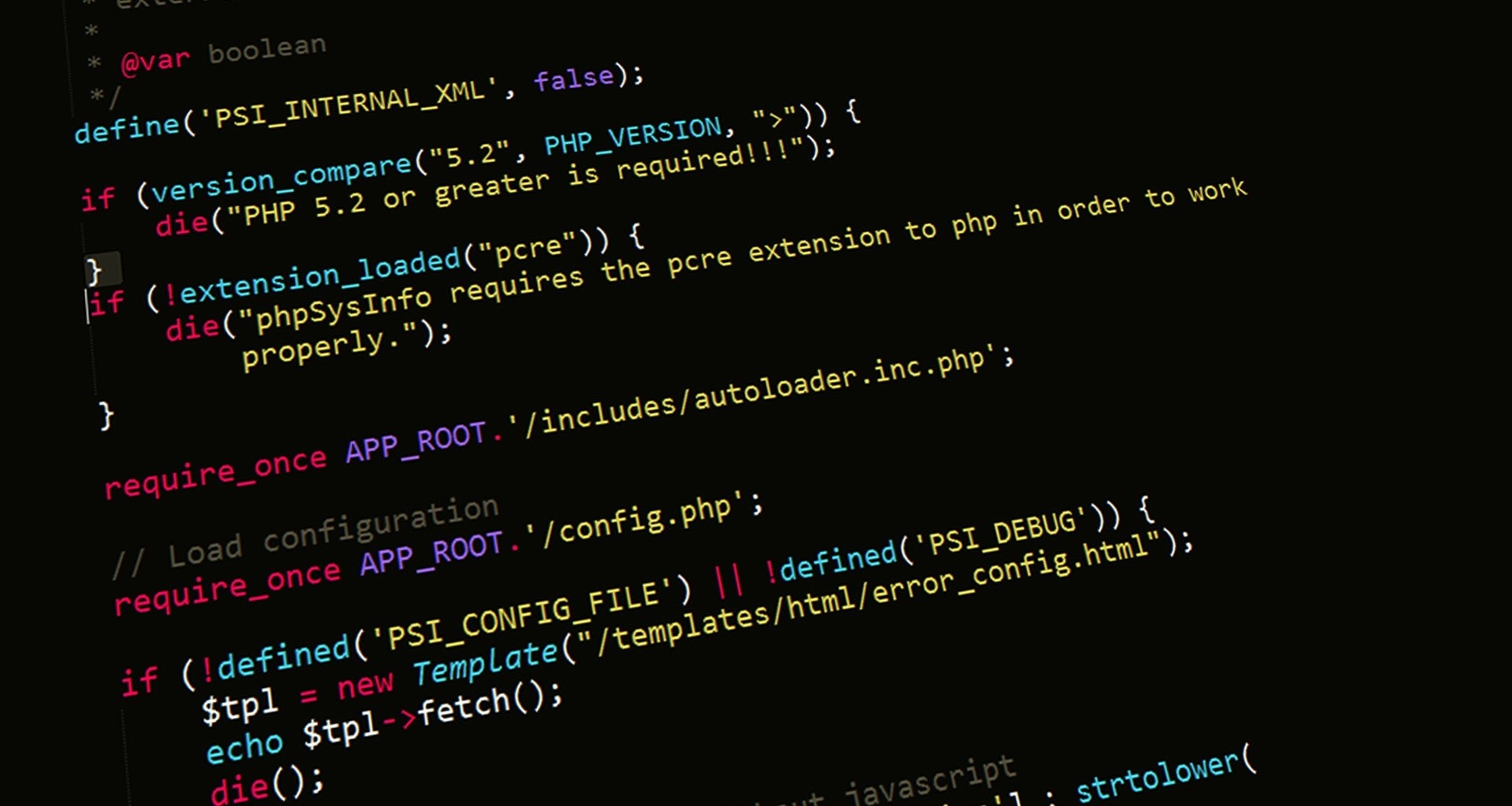Contents
Coding implies a technical form of communication that only computers are meant to understand. Therefore, if you are considering jumping into the world of coding, you might be itching for a little guidance to expel any self-doubt about the learning journey.

You don’t want to waste valuable time and see progress as fast as possible. But being a beginner, you might feel overwhelmed by all the technical stuff you need to learn. You must be wondering where you need to start. Or how can you make the learning journey easy, smooth, and quick as possible?
Well, it turns out you can take advantage of various practical tips to make things easier for yourself. In this article, we will discuss five things you must know before becoming a professional coder. Take it as your pre-coding study guide, start working on these skills and get ready to dive into coding with enthusiasm and confidence. Let’s get started.
1. Become a Problem Solver
If you have decided to become a coder, hone your ability to tackle complex problems. Coding involves hunting down bugs. Thus, your ability to handle complex problems and the skill to solve them by employing functional solutions is one of the core skills you would need.
Problem-solving skills are often used to evaluate a coder’s capabilities and professional level. So, if you are a young talent planning to enter the world of coding, you must be wondering, “is coding hard to learn?”
Your skills and your approach will help you distinguish yourself as a professional from an inexperienced junior. The trait will directly impact your career growth and professional progress further down the path.
2. Attention to Details
For a technical person like a coder, attention to detail represents readability, code quality, and performance. For instance, throughout the life cycle of software development, i.e., design and development, maintenance, testing, ongoing enhancements, support, and failure to address and identify any detail crucial to a stakeholder may lead to catastrophic consequences to the project’s success.
Moreover, regardless of the language’s complexity you use, you must learn to pay attention to small details. It helps avoid making mistakes and lets you identify them quickly and as soon as they occur. For example, in some languages, you can continue coding starting with a new line, and in some, you must use semicolons to denote the command’s end. So, when you are good at attention to detail, you can easily keep track of brackets, semicolons, indentations, spacing, and other minor formatting details that significantly affect the execution of code and decrease the rate of errors or bugs in your code.
3. Pre-Algebra
Indeed, coding doesn’t involve complex mathematics, yet you need to have some basic and helpful math skills. These skills are required to understand both the technical details and coding of your computer’s operation.
While you cannot learn everything beforehand, you will learn many things as you continue coding and polishing your skills. For example, the pre-algebra skills include rounding, decimals, function notation, scientific notation, reading numbers in bases, working with units, and the likes.
Fortunately, if you are already prepared for a test like SAT, GED, or the GRE, consider yourself ready to cover a broader range of math. Moreover, don’t stress about being an expert at pen-and-paper math or even mental math, as you will be working with a computer. But be prepared to have a profound conceptual understanding of basic algebraic math workings and, most importantly, how it can be applied.
4. Planning
Just like you are currently planning to learn to code; the same way you must plan how to approach your coding project beforehand. While there is no right or wrong way to do it, avoid jumping straight in with both feet, as this approach is often fraught with problems.
So, if you are a person who doesn’t usually like planning, it is worth adopting the habit before you start learning to code. The easiest way is to break down your project’s final objective into smaller and individual components.
Most importantly, learn to be able to express your idea like a series of subroutines running together. The approach helps you figure out how every stage of your project will work, including how effectively they can be slotted together. Thus, when you can plan ahead, you can avoid many frustrating issues young coders usually have to deal with.
5. Choosing the Language
There are many programming languages out there. However, each language has its weaknesses, strengths, and situations in which it’s best suited. Therefore, no matter which language you choose to learn first, it will be the hardest to learn.
But the good part is that most of these languages have similar fundamentals such as iteration, variables, etc. Therefore, before you randomly choose to learn a language, it is worth the time and effort to research and then decide which language is best to start with.
It is fine to look for ease, but this shouldn’t be the only factor to consider before selecting the language. For instance, if picking some complicated language like C++ is likely to deter you from learning or progressing, you better pick the one you can learn and be successful at more easily at first.
Similarly, if you are a beginner and want to work on a particular app idea, start by analyzing the logistics of that particular app both at scale and in the early stages. Do thorough research on which technologies and languages best suit your needs, and then go for it.
Conclusion
Since technology has now become the backbone of our daily lives, we need coders to keep pushing technological advancement forward. Today’s programmers have endless options and opportunities.
So, before you dive into the world of coding, excel in your career, and outshine the rest, make sure to hone your skills as much as possible. For this, you can also consider enrolling in an online bootcamp to get professional training before learning to code.

